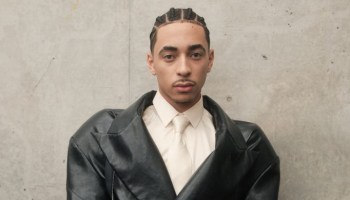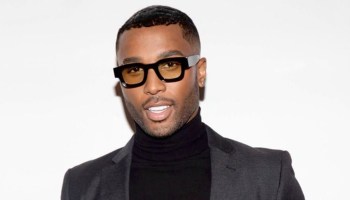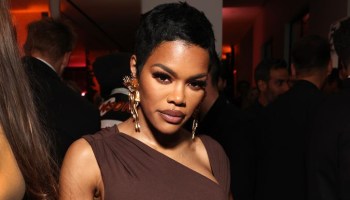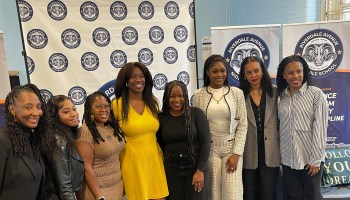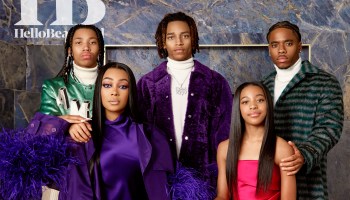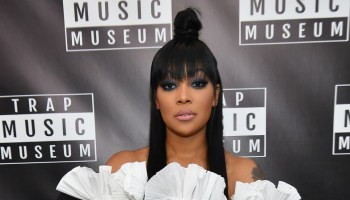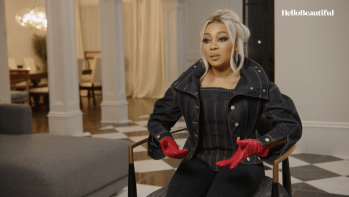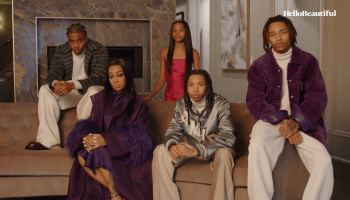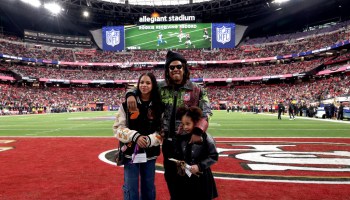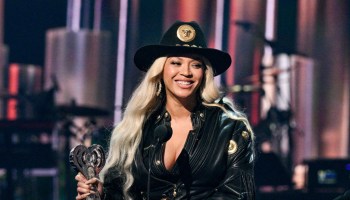Within one week, we experienced two vantages of national self-reflection. On Monday, a holiday known throughout New England as Patriot’s Day, a bomb exploded near the finish line of the annual Boston Marathon. The explosion claimed the lives of three, maimed over 200, distressed an unsuspecting nation, and rerouted headlines that usually hail the triumphant stories of runners around the world, often those from Kenya or Ethiopia, to the somber murmurs of the lurking and evasive ghostly visitor that is terrorism.
On Wednesday, the nodes of patriotism were cast on the PBS broadcast of The Central Park Five, a documentary by Ken Burns, Sarah Burns and David McMahon. The telecast held two of the top 10 trending positions (#cp5 and #CentralPark5) for the United States on Twitter for the duration of the airing through midnight. The film told the story of the five African-American boys, age 14 to 16 in 1989 almost 30 years ago to the date of the television screening, who were coerced into taking the fall for the brutal rape of the woman who became known as The Central Park Jogger, even though both DNA and other evidence attached none of the convicted at the scene of the crime. (For disclosure, I attended the premiere of the film at Maysles Cinema in Harlem for which I previously wrote a review and coordinated a March screening at the Charles Hamilton Houston Institute at Harvard Law School.)
https://twitter.com/Toure/status/326494002545303552
So many Americans tuned into the true story of innocent boys who were hanged in the court of public opinion and tried as the incarnations of the most vile, racist archetypes of African-American men. The media, the NYPD and influencers including Donald Trump were complicit in their conviction, without basic review of facts, never public retracting the false condemnation. The Central Park Five dragged viewers through the unforgiving and hope-fleeting tailspin that remains a shadow over the lives of wrongfully imprisoned and sparsely repaired Antron McCray, Kevin Richardson, Raymond Santana, Kharey Wise and Yusef Salaam. Heart-wrenched viewers responded through social media and followed through to sign the petition for reparations for these men, as well as viewed the New York Times Talk with the cast and crew the following night.
By Friday, the assailants in Boston furthered their violence until ultimately one was killed and the other apprehended, identified as brothers Tamerlan Tsarnaev, 26, and Dzhokar Tsarnaev, 19, immigrant white males from Russia. Their havoc, on what is usually a unifying holiday for the city, transformed mindsets across the U.S. toward recollections of 9/11, the phobia of Muslims and unsettled fears of native terrorism most recently revealed at the Sandy Hook elementary school massacre. The families and communities of the bombers are covered in shame; the families of those lives lost, as well as those whose lives were re-coursed, to the inexplicable act are pummeled with pain, left with little place for solace. The facts of the attack, slow in their emergence, were clearly laid out for the public to process. And yet the question remains, what is going on?
https://twitter.com/sarankjones/status/325378324018900992
The two tales–one of the immediate moment and one previously tucked away into the headlines of a time long ago; one of guileless assailants and one of the unjustly accused; one of young, immigrant white men and one of young black boys, citizens with not-oft-guaranteed rights–rallied Americans into a review of our society. Both pushing parents to questions of how to raise, protect and nurture their sons; both leaving the public as helpless, unguided bystanders in dark moments, uncertain of the media’s stewardship; both stories drenched in tragedy.
Why are so many young White men unrelentingly angry?
Why are so many young Black boys consumed by the policing system within our country?
Why do we not see race pulsing through the actions of young White men?
Has race consumed the hopefulness of our young Black men?
How is the nation as a whole culpable for these tragedies? Are they parallel?
What is going wrong with our society?
How can we as individuals make it right?
In both cases, I am called to thoughts for national healing. In both cases, there is the bright side of the human spirit prevailing over evil. And, overall, it seems that before the idea of world peace is the wish for peace in America, a love in my own backyard.
LIKE HelloBeautiful On Facebook!
Related Stories:
CHICK CHAT: It’s Time To Set Some Rules About Appropriate Use Of Social Media During A Tragedy
Parents of Trayvon Martin Pen Open Letter To Family of Boston Bomb Victim
Check Out This Gallery Of What Black Women Wish For America









